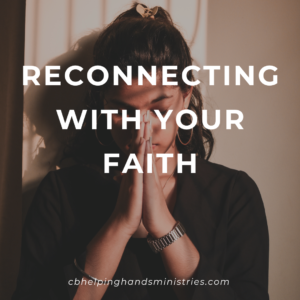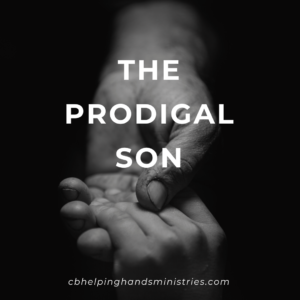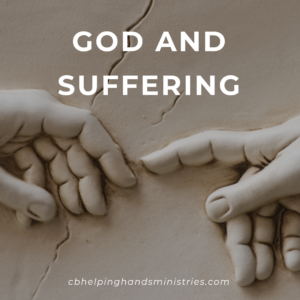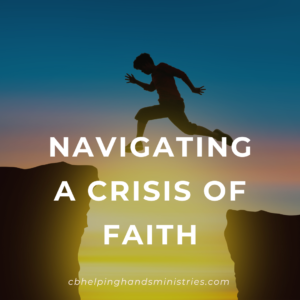Reconnecting with Your Faith

In today’s fast-paced world, it’s not uncommon for many of us to feel disconnected from our spiritual roots. Whether due to the demands of daily life, personal challenges, or simply the distractions of modern society, our faith can sometimes take a backseat. However, there comes a time when we feel the stirring of a desire to reconnect with our beliefs and deepen our spiritual practice. If you’re on this path, you’re not alone.
Life’s rollercoaster can make it challenging to maintain consistent spiritual practices. You may find yourself questioning your beliefs or feeling lost in the noise of everyday responsibilities. Recognizing this need for reconnection is the first step toward nurturing your faith. It’s essential to acknowledge that it’s okay to seek change and growth at any stage in life.
Steps to Reconnect with Your Faith
1. Introspection and Reflection**
Begin by setting aside time for introspection. Consider keeping a journal to write down your thoughts, feelings, and experiences related to faith. Reflect on what your beliefs mean to you and how they have helped shape your life. Questions you might ask yourself include:
– What does faith mean to me?
– When do I feel closest to God or my spiritual beliefs?
– Are there specific experiences that have shaped my faith journey?
2. Revisit Sacred Texts and Teachings
Reconnecting with your faith often involves revisiting the texts and teachings that resonate with you. Whether it’s the Bible, Torah, Quran, or other spiritual literature, spend time reading and meditating on these texts. Reflect on how their messages apply to your current life and circumstances. Consider setting weekly or monthly themes to explore different aspects of your faith.
3. Engage in Communy Worship
Finding a sense of community can be incredibly uplifting. Consider attending religious services, joining study groups, or participating in community events related to your faith. Surrounding yourself with like-minded individuals can inspire you and reinforce your commitment. Remember, faith is often strengthened in fellowship with others.
Practice Mindfulness and Prayer
Incorporating mindfulness practices into your daily routine can help create space for spiritual connection. Set aside dedicated time for prayer, meditation, or quiet reflection. Whether you pray in the morning to set your intentions for the day or take a few moments in the evening to express gratitude, these practices can deepen your spiritual awareness.
5. Incorporate Rituals into Your Life
Rituals can bridge the gap between the ordinary and the sacred. You might develop personal rituals, such as lighting a candle to symbolize hope, creating a gratitude jar, or celebrating holy days in meaningful ways. Establishing rituals can help you create sacred space in your daily life and remind you of your connection to the divine.
6.Explore Service and Compassion
Serving others can bring a new dimension to your faith journey. Engage in volunteer work, support community initiatives, or simply practice kindness in your everyday interactions. Reflecting on the teachings of compassion, love, and service can not only elevate your spiritual practice but also enrich your understanding of your beliefs.
7. Seek Guidance and Mentorship
If you find yourself struggling with certain aspects of your faith, consider seeking guidance from a mentor, spiritual leader, or counselor. Engaging in conversations about your feelings and doubts can provide clarity, insight, and inspiration. Remember, it’s okay to ask for help on your journey of reconnection.
Reconnecting with your faith is not a linear journey; it involves ebbs and flows, peaks and valleys. Embrace this journey as an opportunity for growth, understanding, and renewal. Allow yourself the grace to evolve in your beliefs and practices, and remember that every step you take is a step toward a deeper relationship with the divine.
Reconnecting with your faith can be an enriching and transformative experience. By engaging in introspection, revisiting sacred texts, participating in community worship, and practicing mindfulness, you can reignite the flame of your spiritual beliefs. Embrace the journey with an open heart and mind, and you may find that your faith not only reconnects you with your spiritual roots but also with yourself and those around you. Remember, faith is not just a destination; it’s a continuous journey of exploration, understanding, and love.
Apostle Shelia
SBI Ministries
C.B. Helping Hands Ministries
This website is a rich source of valuable insights, and we’re dedicated to maintaining free access for all. If our content has positively influenced your life, please consider making a donation to help us continue providing knowledge at no cost.








